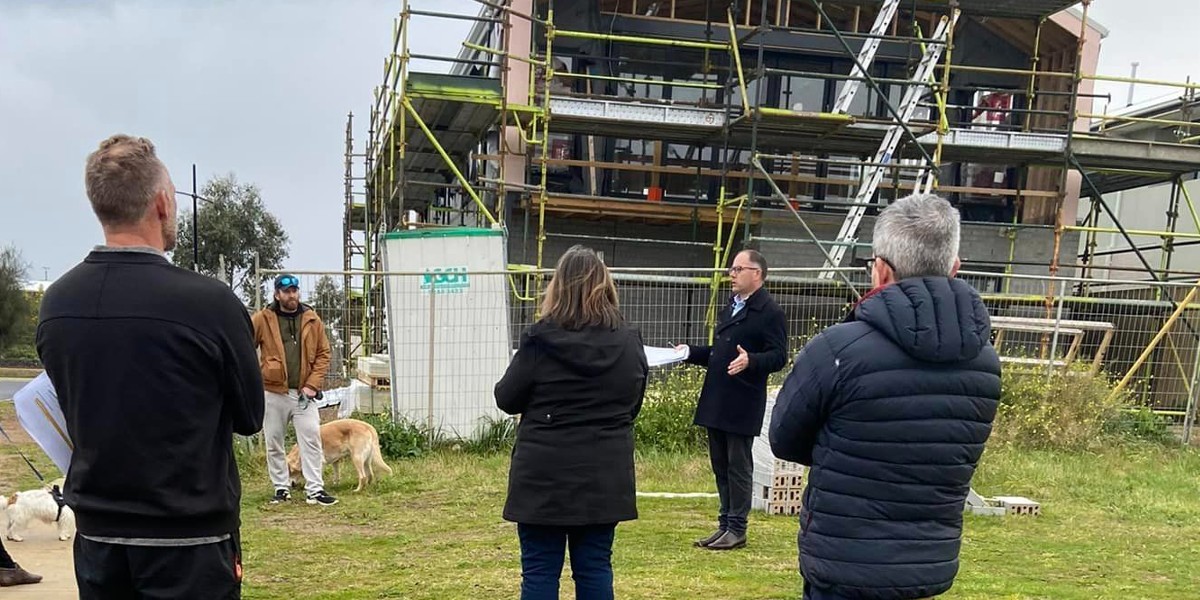The state opposition says a levy on short-stay accommodation wont help ease the coast’s shortage of accommodation.
New data shows ten per cent of the Surf Coast, Alpine and Hepburn shire’s housing stock is on Airbnb, some of the highest in the state.
Surf Coast Mayor Liz Pattison says in towns like Lorne where key workers struggle to find affordable accommodation, the actual figure is over 20 per cent, and that should be recognised when the state government’s 7.5 per cent tax on Airbnb’s kicks in.
“We welcome the levy…which will help fund social and affordable housing, but what we would like to see this money equitably distributed so that regions most impacted – like ours – receive their fair share,” she said.
State member for the coast, Polwarth MP Richard Riordan, says council’s focus is misguided and would better be directed towards building more homes.
“Taxing Airbnb is just a tax grab from the state government that in no way is delivering the benefit of more availability,” he said.
“These are holiday homes, people use Airbnb as a way to help recover costs, these are not homes being lost to the availability of the rental market.”
He says the answer is to build more homes rather than tax those with empty ones.
“The single biggest problem is the Surf Coast Shire…GORCAPA (Great Ocean Coast and Parks Authority) and the state government are simply not doing enough to make sites and land available,” he said.
“The only way you’re going to increase supply is by having more homes available for people who want to live and work in those communities.”
The Surf Coast Shire is investigating a series of options to make it easier for people being priced out of the region to find somewhere affordable to live, including a three-year trial allowing people to live in tiny homes on privately owned land.
“The pilot focuses entirely on possibilities for affordable housing and key worker accommodation, and does not permit the tiny houses on wheels for short-term leisure-style accommodation,” Cr Pattison said.
““It could also enable residents — some who might currently be living in unaffordable or unsuitable housing — to stay in their community close to their jobs, social networks and family, perhaps in a multi-generational household.”









